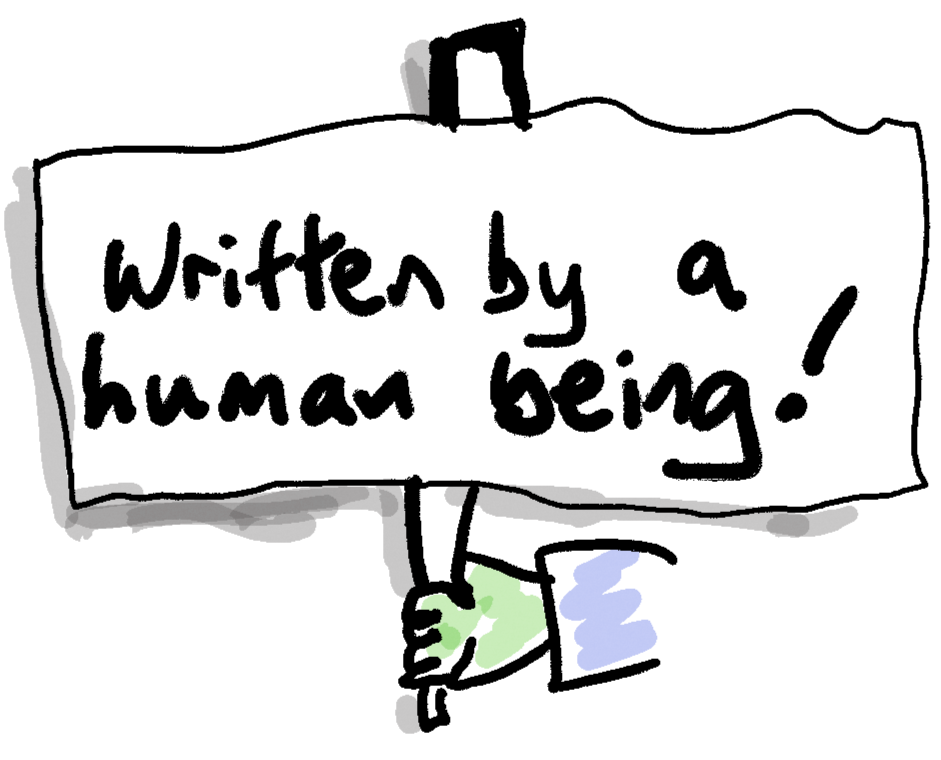The underlying assumption of Coderspeak is that programming is a purely objective-based affair that involves identifying a problem, breaking it down into its component parts and writing some code to address the issue. In the real world, however, there’s rather more to it than that, as this examination of the field from an anthropologist’s perspective makes clear.
Conway’s Law, for example, states that an organisation’s systems reflect the way people within that organisation communicate with one another.
Heurich goes on to also consider whether code should be ‘beautiful’ or ‘brief’, and when it’s best to simply ditch legacy code rather than continue building on it.
This book won’t necessarily help a student pass a computing exam, but it will almost certainly make them a more aware, and thus better, programmer.
This book was first reviewed in Teach Secondary magazaine.





